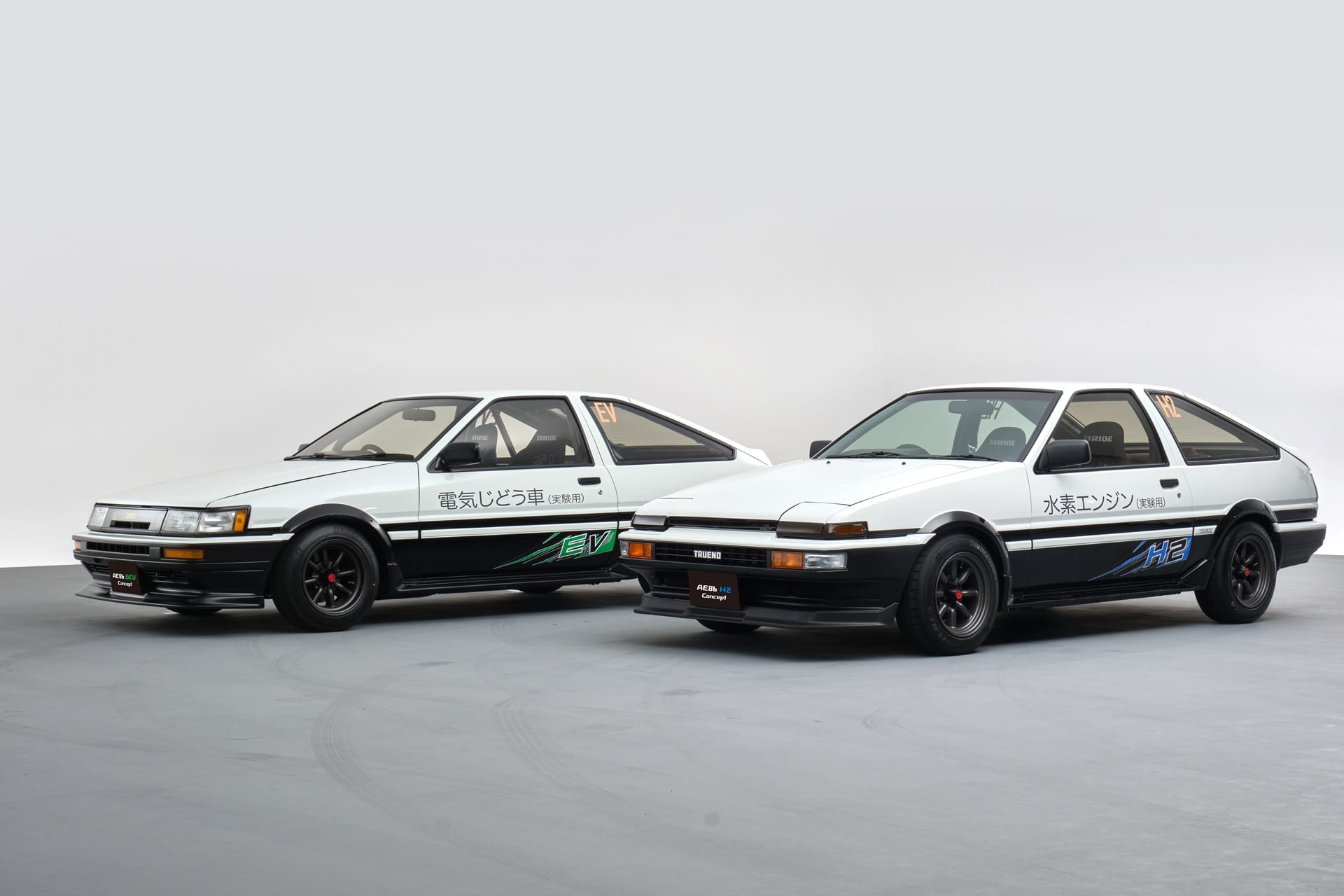For The Guardian: EV conversions for older cars have a lot of a promise—and a lot of barriers
While a boutique industry around converting vintage cars to electric is growing, it’s an exclusive, cost-prohibitive one.

ver the next decade, millions of new battery-electric trucks, SUVs and cars are forecast to hit the market globally. In the US alone, Joe Biden is pushing for 50% of all new cars sold in 2030 to be zero-emission vehicles.
What happens to all of the old gasoline- and diesel-powered cars that are on the road right now is trickier. One idea that’s recently been in the spotlight is converting them to electric vehicles. Toyota made waves when it showcased two vintage Corollas that had been converted to electric and hydrogen power at a recent industry event where the company’s CEO, Akio Toyoda, raised the prospect of the company getting into the conversion game.
Doing this, however, isn’t likely to help those with little means to go electric. While a boutique industry around that idea is quickly growing, it’s an exclusive, cost-prohibitive one aimed at collector cars and niche enthusiast vehicles – something that won’t be an option for lower- or even middle-income people looking to electrify their current cars anytime soon. Just as the average new EV costs around $65,000, electric conversions, too, will probably be the sole purview of higher-income people until battery costs go down.
“It’s one thing to [convert] your 1965 Porsche and spend $50,000 or more to get an electric weekend car,” said Loren McDonald, the CEO of EVAdoption, an EV consulting and marketing analysis agency. “It’s another thing to take a 1980 Honda Civic that’s worth $1,000 to do the same. It doesn’t make sense.”

